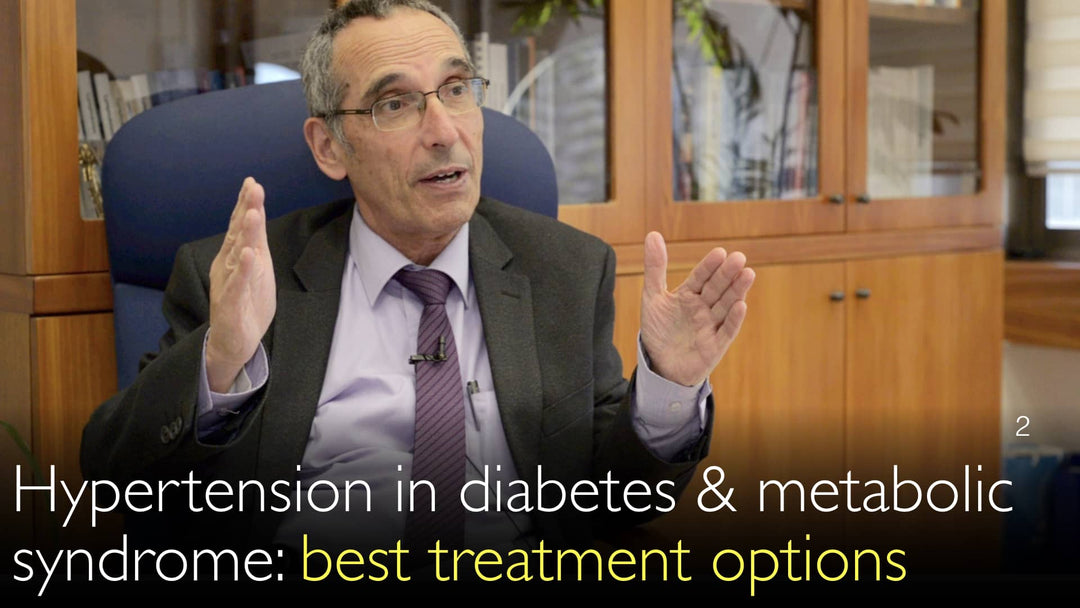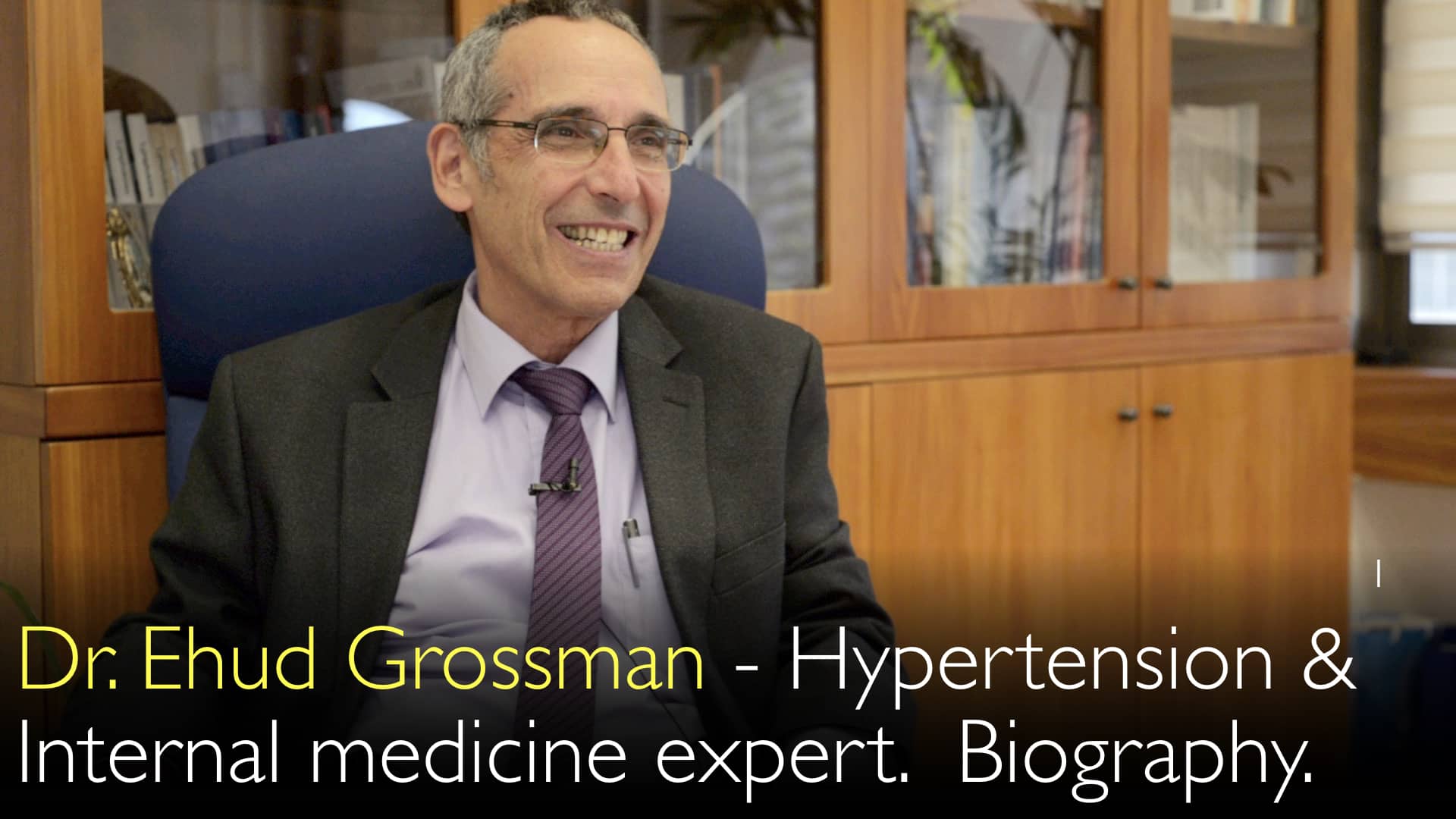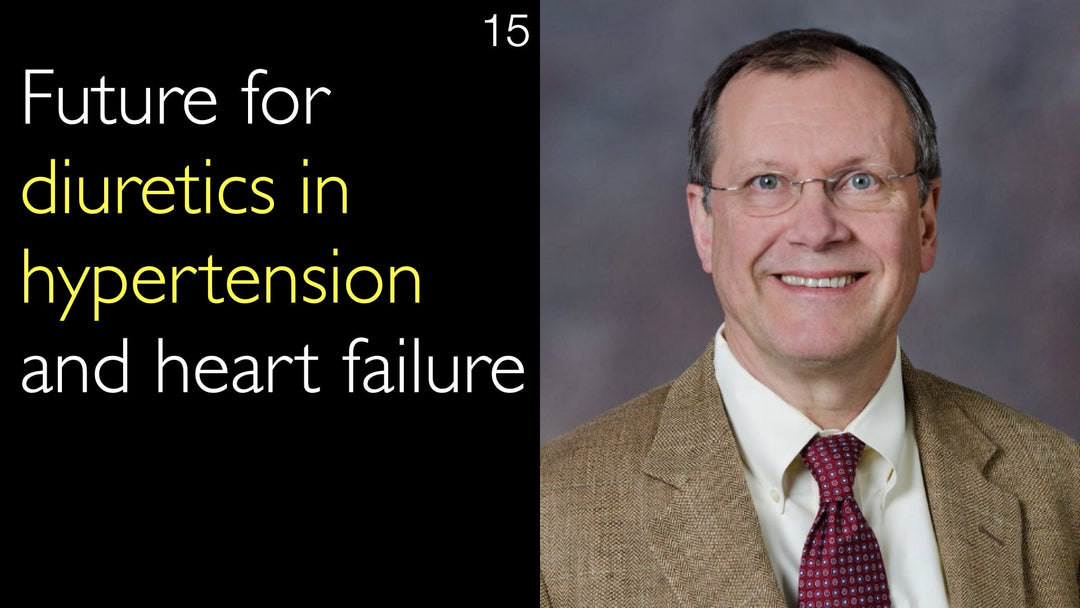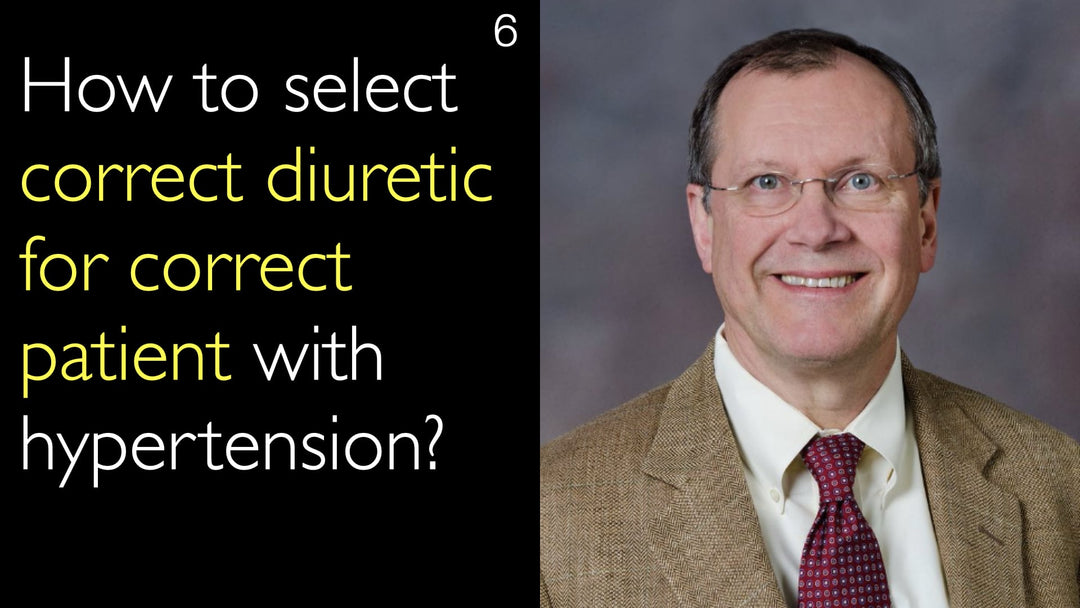Dr. Anton Titov, MD, also covers the critical link between obesity, sleep apnea, and treatment-resistant hypertension.
Optimal Hypertension Management in Diabetes and Metabolic Syndrome
Jump To Section
- Hypertension and Diabetes Cardiovascular Risk
- Aggressive Blood Pressure Treatment Goals
- Optimal Antihypertensive Medication Selection
- Obesity and Sleep Apnea Connection
- CPAP Therapy for Blood Pressure Control
- Non-Dipper Hypertension Patterns
- Full Transcript
Hypertension and Diabetes Cardiovascular Risk
Hypertension and diabetes represent a particularly dangerous combination for patient health. Dr. Ehud Grossman, MD, emphasizes that elevated blood pressure in diabetic patients dramatically increases cardiovascular risk. This dangerous synergy requires immediate and comprehensive medical attention. The coexistence of these conditions demands a specialized treatment approach focused on risk reduction.
Aggressive Blood Pressure Treatment Goals
Dr. Ehud Grossman, MD, stresses the need for aggressive blood pressure management in diabetic and obese patients. The treatment target for these high-risk patients is typically 130/80 mmHg. Achieving this goal often proves challenging, frequently requiring four or five different antihypertensive medications. Patients with metabolic syndrome demonstrate greater resistance to conventional hypertension treatment, making comprehensive medication strategies essential.
Optimal Antihypertensive Medication Selection
Medication selection requires careful consideration of metabolic effects in diabetic patients. Dr. Grossman recommends angiotensin-converting enzyme (ACE) inhibitors or angiotensin receptor blockers (ARBs) as first-line therapy. These medications protect kidney function and do not impair glucose control. Calcium channel blockers serve as excellent combination therapy options. Dr. Grossman advises avoiding beta-blockers when possible due to their adverse effects on glucose metabolism and triglyceride levels.
Obesity and Sleep Apnea Connection
Obesity frequently accompanies hypertension and diabetes, creating metabolic syndrome. Dr. Ehud Grossman, MD, highlights that many obese patients also suffer from sleep apnea. This breathing disorder during sleep represents a major cause of treatment-resistant hypertension. The interview with Dr. Anton Titov, MD explores how this connection complicates blood pressure management. Identifying and addressing sleep disorders becomes crucial in comprehensive hypertension treatment.
CPAP Therapy for Blood Pressure Control
Continuous Positive Airway Pressure (CPAP) therapy offers significant benefits for hypertensive patients with sleep apnea. Dr. Ehud Grossman, MD, explains that CPAP devices can improve blood pressure control in obese patients. This non-pharmacological intervention addresses the root cause of sleep-disordered breathing. By improving nighttime oxygenation, CPAP therapy helps reduce sympathetic nervous system activation that drives hypertension.
Non-Dipper Hypertension Patterns
Normal blood pressure patterns show a dip during nighttime sleep, termed "dipping." Dr. Ehud Grossman, MD, notes that patients with sleep apnea often become "non-dippers," maintaining high blood pressure throughout the night. This abnormal pattern indicates increased cardiovascular risk. Dr. Grossman advises physicians to consider sleep apnea evaluation when encountering non-dipper hypertension patterns. Proper diagnosis and treatment can restore healthier blood pressure rhythms and improve overall cardiovascular prognosis.
Full Transcript
Dr. Ehud Grossman, MD: Hypertension and diabetes are very common, and they often exist together. Often obesity also coexists with them, that is termed the metabolic syndrome.
You specialize in treatment of hypertension in the setting of diabetes and metabolic syndrome. What are the nuances of treating hypertension in people who have obesity and metabolic syndrome?
Dr. Ehud Grossman, MD: First of all, we have to know that the combination, coexistence of hypertension and diabetes is very dangerous. The risk is much higher in diabetic patients when the blood pressure is elevated.
So the first point is that we need to lower the blood pressure much more aggressively in diabetic and in obese patients. They are more resistant to hypertension treatment, and it's more difficult to reach the blood pressure goal.
If the goal is 130 over 80 in diabetic patients, sometimes they require four or five medications in order to get to the blood pressure target.
You have to also know that you don't want to give drugs that may impair the glucose control. So you prefer to choose a type of angiotensin converting enzyme or angiotensin receptor blocker in combination with calcium channel blockers.
You try to avoid a beta-blocker as part of the treatment because they impair the glucose metabolism, they increase the triglycerides. But overall in most of the patients you need so many medications that you end up using all the anti-hypertension drugs to control the blood pressure.
Patients with obesity - many of them also have sleep apnea. Sleep apnea is one of the causes for treatment-resistant hypertension so it may be more difficult to control the blood pressure in obese patients.
Sometimes CPAP may help to control the blood pressure in obese patients with hypertension.
Dr. Anton Titov, MD: CPAP - Continuous Positive Airway Pressure devices...
Dr. Ehud Grossman, MD: Yes, right! This is very interesting - sleep apnea in people with obesity.
Of course, in normal circumstances the blood pressure dips during the night - so dippers and non-dippers. When someone is "non-dipper" (blood pressure does not become lower during sleep), the first thing that you have to consider is sleep apnea, because those patients with sleep apnea - they don't lower the blood pressure during night.
If you use the CPAP, you can improve the blood pressure control - so this is one thing that you have to take into consideration in hypertension treatment with diabetes and obesity.








